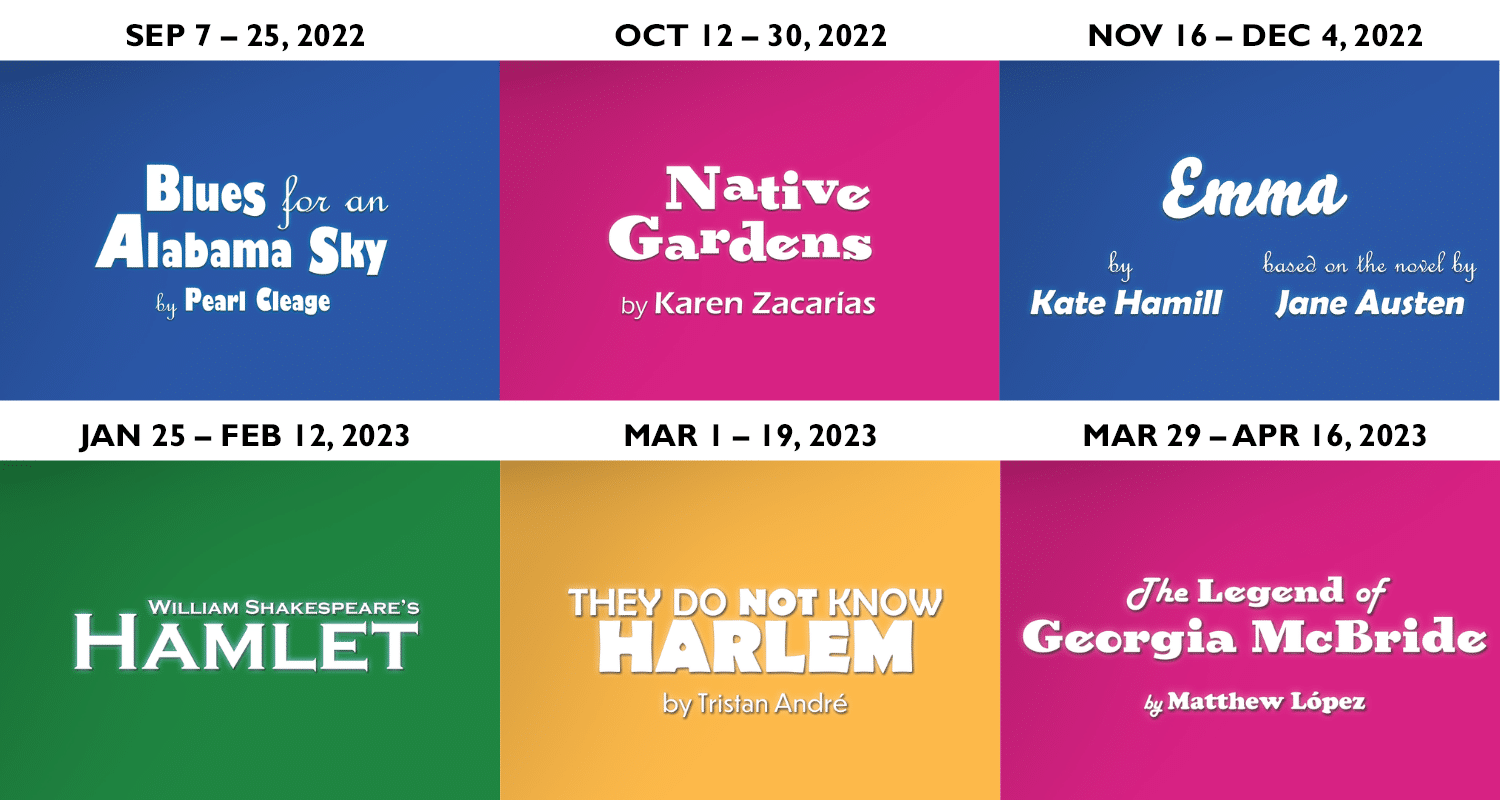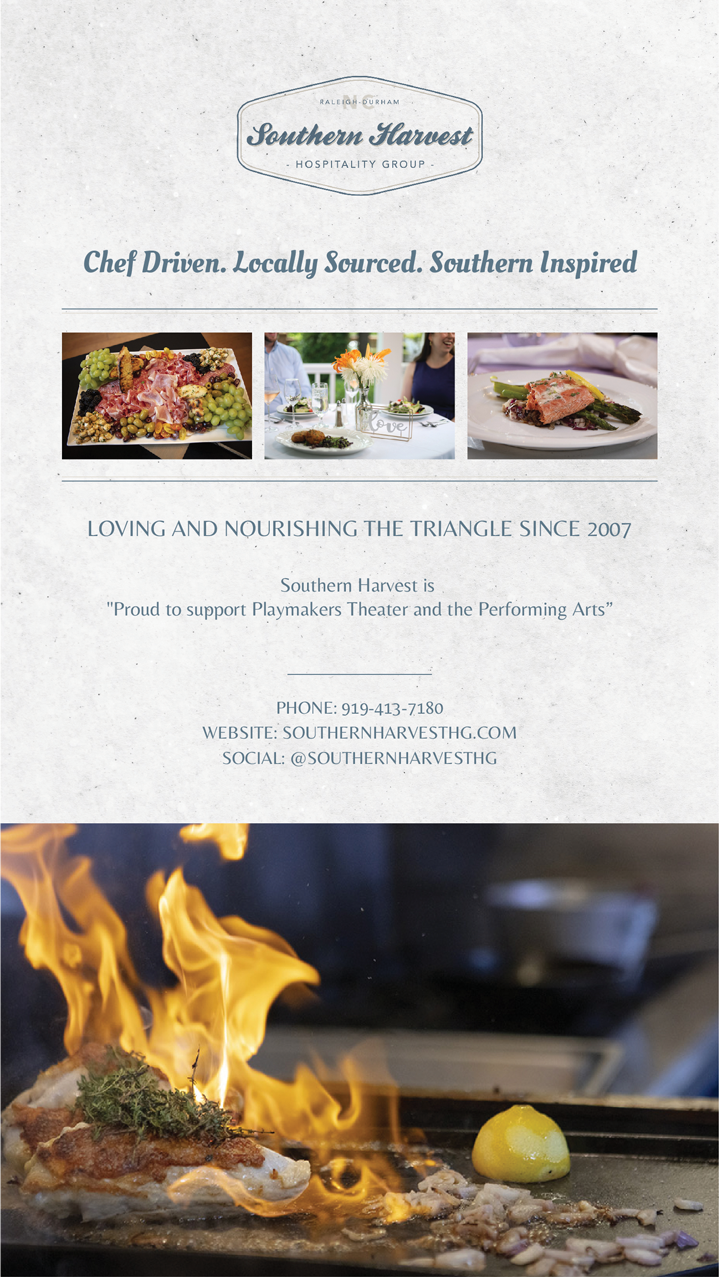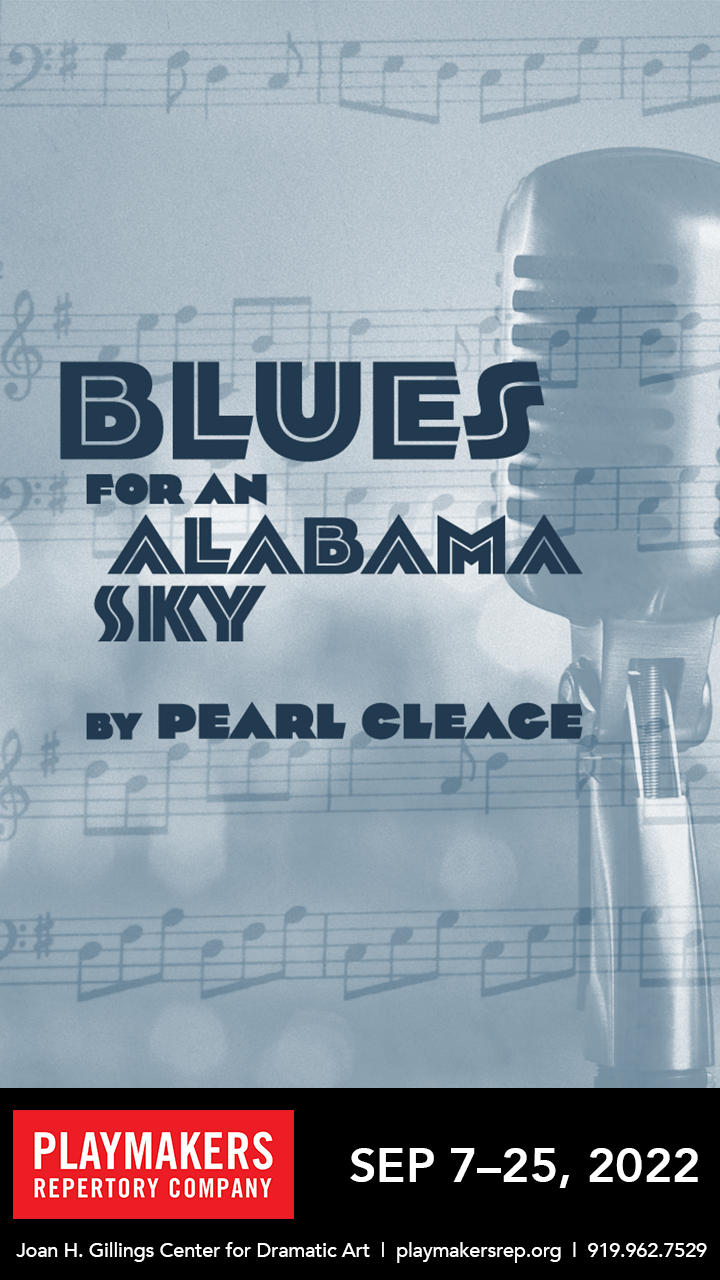
Table of Contents
Letter from Vivienne
Support PlayMakers
Who We Are
Title Page
Program Notes
About the Author
Actor Bios
Creative Team Bios
General Information
PlayMakers Staff
Friends of PlayMakers
Announcing Our 22/23 Season


Hello,
Welcome to PlayMakers’ 2022/2023 season opener, Pearl Cleage’s seminal work, “Blues for an Alabama Sky.” Pearl’s writing stirs the soul, and her beautiful exploration of a group of young dreamers in the midst of the Harlem Renaissance resonates with a timelessness that is found only in the best of theatre.
Good plays are always timely. Regardless of when they’re written or where they are set, a really good play chips away at things humanity is always struggling with. I love that Cleage’s “Blues” touches on so many issues that we continue to grapple with as a society—the constructs of race, gender, sexuality, and class—and does so with such empathy and acuity that it artfully reveals our common humanity. This is a fascinating story filled with characters we care about in a world full of life, music, and style—it’s truly a gift for theatre artists to take on this work.
And helming this production, I’m thrilled to welcome back to PlayMakers the brilliant Valerie Curtis-Newton, who last joined us for her production of “Skeleton Crew.” Through an illustrious career as a theatre founder, director, and educator in her home base of Seattle and around the country, Val is truly an inspiring woman of the theatre and among the best in the business. She and her team of collaborators have created an electrifying evening of theatre.
You know, when you program a play as part of a season of theatre, its individual resonances start to multiply. Life imitates art as much as art imitates life. It’s uncanny. Thank you for joining us to kick off our new season of work. The gift of making it is only complete in the sharing of it—with you! I hope you join us on the journey all year.
Warmly,

Vivienne

As chair of the PlayMakers Advisory Council, it is my great pleasure to welcome you back to the Paul Green Theatre for our 2022/23 season.
We are thrilled to offer a six-show Mainstage season that celebrates the best in contemporary and classic theatre, featuring Southern voices, female writers, and directors and a diversity of narratives from the tapestry of cultures that make up the American cultural landscape. We believe that the theatre will have an important role to play in making sense of the complex world in which we find ourselves in, and we endeavor to do this by entertaining, challenging, and inspiring our audiences with the best tools of professional, locally produced performing arts. When I walk out of PlayMakers after a show, I always say how lucky we are to have a theater with such world-class performances right here in Chapel Hill.
In addition to an impressive lineup of powerful performances, PlayMakers continues its work serving the Triangle community and beyond. We are privileged to provide unique learning opportunities for K–12 classrooms and UNC students, creating new ways to engage with our local artists and advocates, and make the power and joy of theatre accessible to underserved communities.
Theatre is and always will be a place for community. And it is up to us—the community—to ensure that PlayMakers continues to thrive. Gifts from patrons like you will be critical to our success as we navigate mapping out a bright future for the theatre ensuring its sustainability for many decades to come. If you enjoy and believe in the power of the theatre as I do, I invite you to become a Friend of PlayMakers. Please make a tax-deductible contribution to the annual fund, pledge a monthly donation as a Sustainer, or offer a campaign gift to strengthen and sustain PlayMakers’ vision for the future.
I truly believe that there has never been a more important time to support the arts. Join me in championing our local theatre—an organization that makes a difference in our community. As Joan Gillings often said, “You will sit a little taller in your theatre seat, knowing you made a difference, too.”
Thank you!
Warmly,

Amy Guskiewicz
PlayMakers Advisory Council
Amy Guskiewicz, Chair
Betsy Blackwell, Vice Chair
Duncan Lascelles, Vice Chair
Joanne Garrett
Deborah Gerhardt
Bobbi Hapgood
C. Hawkins
Janelle Hoskins
Betty Kenan, emeritus
Stuart Lascelles
Robert Long, emeritus
Graig Meyer
Julie Morris
Paula Noell
Florence Peacock
Diane Robertson
Wyndham Robertson
Carol Smithwick
Jackie Tanner
Jennifer Werner
Mike Wiley

PlayMakers is…
“One of America’s Best Regional Theatres” (American Theatre Magazine), PlayMakers Repertory Company is North Carolina’s premier professional theatre company, proudly in residence on the dynamic campus of the University of North Carolina-Chapel Hill. The professional company was founded in 1976, growing out of a storied 100 year tradition of playmaking at Carolina. Our mission is to produce relevant, courageous work that tells stories from and for a multiplicity of perspectives. We believe that theatre can have a transformational impact on individuals and entire communities, and we are committed to the work of becoming an anti-racist organization whose work is accessible to all.
At the very heart of the PlayMakers experience is one of the nation’s last remaining resident theatre companies, made up of accomplished performers, directors, designers, artisans, and technicians, and supported by exceptional graduate students in UNC’s Department of Dramatic Art. Our company works side by side with guest artists from all over the world and our alumni include Pulitzer Prize, Tony®, Emmy®, and Grammy Award® winners.
Creating Tomorrow’s Classics, Today
Producing Artistic Director Vivienne Benesch is continuing PlayMakers’ tradition of producing vibrantly reimagined classics, large-scale musical theatre, and significant contemporary work, but is also broadening the company’s reach to become a home for new play development and a true hub of social and civic discourse in the region. Her first five seasons have already given life to ten important new American plays.
A Hub of Engagement
PlayMakers seeks to provoke thought, stimulate discussion and push the boundaries of the theatrical form in everything we do. Whether through our intimate @Play series, our mainstage offerings or our virtual line-up, we look for opportunities for direct, dynamic engagement between audiences, artists and thinkers. The Vision Series, post-show discussions and a host of unique engagement opportunities – including the continuation of last season’s online PlayMakers Keeping You Company – enrich our audience’s experience of the live arts.
Theatre for the People
PlayMakers Mobile is an initiative that seeks to contribute positively to the civic and social life of our region by taking world-class theatre out of our building and into the community. We create a streamlined production of a play each year and take it to schools, transitional housing facilities, and long-term treatment facilities around the Greater Triangle area. And best of all, it’s all free of charge. We look forward to getting back on the road as soon as we can do so safely.
Passing the Torch
PlayMakers’ award-winning Summer Youth Conservatory is the only professionally supported training program of its kind in the region. The Theatre Quest program provides camps to area middle school students, while the Theatre Intensive and TheatreTech programs allow Triangle high schoolers to apprentice directly with professional directors, choreographers, musical directors, and technicians, culminating in a professional quality production on the PlayMakers mainstage for the whole community to enjoy.
Eliminating Barriers
With a commitment to eliminating barriers for attendance when we host live events, PlayMakers offers All Access performances for our patrons living with disabilities, we offer accessible $20 tickets for all performances, and tickets reduced to just $10 for UNC students and $12 for all other students. Our Spotlight on Service program also offers complimentary tickets to local service organizations. This season, we are proud to offer complimentary tickets to front-line workers in honor of their ongoing service to the community. For more information, please contact
Our Mission
PlayMakers Repertory Company is North Carolina’s premier professional theatre company, proudly in residence on the dynamic campus of the University of North Carolina at Chapel Hill. Our mission is to producde relevant, courageous work that tells stories from and for a multiplicity of perspectives. We believe that theatre can have a transformational impact on individuals and entire communities, and we are committed to the journey of becoming an anti-racist organization whose work is accessible to all. PlayMakers is devoted to nurturing and training future generations of artists and audiences inextricably linked to UNC’s Department of Dramatic Art.
Our Vision
Provoke
Represent
Create
Antiracism Accountability Statement
At the heart of PlayMakers Repertory Company’s mission is the belief that theater has the power to transform individuals and entire communities. There is no more aspirational or urgent a use of that power than working to dismantle the systems of oppression, white supremacy, and racism that pervade American life and consume the American Theatre. PlayMakers continues to assess and evaluate our own practices in order to embed equitable, antiracist policies into strategic planning, our mission, and our operations.
PlayMakers Repertory Company, and those of us who work here, commit to the following:
- To work intentionally to create an antiracist culture in our company.
- To continually educate ourselves on the ways in which we can combat racism locally and nationally as we move to create an inclusive, diverse, and equitable sense of belonging for every one of our constituents.
- To demonstrate our values through action in our policies, practices, and procedures.
As a professional theatre company embedded in, and inextricably linked to the Department of Dramatic Art (DDA) at the University of North Carolina–Chapel Hill, the path forward will be complex and singular. We will therefore be updating our action items and commitments continuously as our work evolves.
We at PlayMakers understand our responsibility not only to the artists, staff, and audiences with which we engage, but significantly, to the many students training here for a career in the theater.
For more information on our next steps, please
These are not our first steps, and by no means our last. They are not perfect. And they are not enough. But they are steps forward. We invite you to come back to our website and our theater often and monitor our progress. We take our responsibility to this effort seriously and we welcome your involvement and assessment.
Land Acknowledgement
We acknowledge that the Center for Dramatic Art is located on the unceded lands of one or more of Abiayala’s (the Americas’) original sovereign nations, the name(s) of which have not yet been affirmed. The unjust acquisition of these Indigenous lands came about through a history of racism, violence, dispossession, displacement, and erasure of cultures by settlers as part of the larger, land-centered project of settler colonialism.
As we look to the future, please join us in acknowledging and learning about the atrocities committed against these Nations and work with us towards inclusion, representation, and a better relationship with citizens of sovereign American Indian and Alaska Native nations.
Why is Land Acknowledgement important?
This statement is part of the continual interrogation of our own participation and complacency in colonial structures and a call for greater awareness, accountability, and intentionality in the work we do. As storytellers we are committed to learning and telling stories in ways that will have transformational impact in our immediate and extended communities.
We are excited by future partnerships with Native Americans and look forward to sharing this journey of knowledge and growth with you.
Learn more:


Blues for an Alabama Sky
By Pearl Cleage
Directed by Valerie Curtis-Newton
Scenic Designer
Costume Designer
Lighting Designer
Sound Designer
Dramaturg
Vocal Coach
New York Casting by
McCorkle Casting, Ltd.
Stage Manager
Assistant Stage Manager
September 7-25, 2022
BLUES FOR AN ALABAMA SKY is presented by special arrangement with
Dramatists Play Service, Inc., New York.
Commissioned by and World Premiered at
ALLIANCE THEATRE COMPANY
Atlanta, Georgia
Kenny Leon, Artistic Director and Edith Love, Managing Director with support from the Lila Wallace Reader’s Digest Fund’s Resident Theatre Institute.
*Indicates members of Actors’ Equity Association, the Union of Professional Actors and Stage Managers in the United States.
The Professional Theatre of the Department of Dramatic Art
Kathryn Hunter-Williams, Chair
Vivienne Benesch, Producing Artistic Director
Produced in association with The College of Arts and Sciences
The University of North Carolina at Chapel Hill

Dreaming the World in Harlem
By Jacqueline E. Lawton, Dramaturg
Pearl Cleage is an Atlanta based award-winning playwright, highly acclaimed journalist, and best-selling novelist. Her most well-known plays include “Flyin’ West,” “Bourbon at the Border,” “Pointing at the Moon,” and “What I Learned in Paris.” Her first novel “What Looks Like Crazy on an Ordinary Day,” was a New York Times bestseller and a BCALA Literary Award winner. She is also the author of “I Wish I Had a Red Dress,” “Mad at Miles,” and “Deals with the Devil.” Her plays, novels, poems, and essays reveal powerful, poignant truths about the lives of black women and the black community.
Several years ago, I had the opportunity to speak with Cleage about her life, her career, and her beautiful play, “Blues for an Alabama Sky.” I wanted to know more about her experience as a writer and what to expect from this profession. Here is what she shared with me:
“Writing is a solitary activity. At some point, you have to stop telling your friends how wonderful the work is going to be and go sit down somewhere by yourself and put those words on paper. With a novel, you write it alone and people experience it alone. With a play, you write it alone, but when it goes into production, you become part of a big, exciting, messy collaboration with artists, directors, designers, actors, producers, and, finally, the audience itself. Once it opens, you are able to experience the piece as part of a group of other people. You can hear what works by the live, human responses around you. When it works the way you hoped it would, there is no better feeling.”
Having become a playwright myself, I can say there really is no better feeling. The only other thing that comes close is when audience members tell you that they see themselves and people they know in your characters. I felt this way about “Blues for an Alabama Sky” from the moment I picked it up.
I first read “Blues for an Alabama Sky” during my sophomore year in college. For those who have never read it, the play is set in the summer of 1930. The promises of the Harlem Renaissance are giving way to the dashed dreams of the Great Depression and racial tension is spreading throughout the United State. Angel is a nightclub singer who is suddenly heartbroken and out of a job. Her best friend, Guy, is a costume designer, who dreams of living in Paris and designing dresses for the famous Josephine Baker. Their neighbor Delia is a social worker and activist. She is trying to organize a family planning clinic in Harlem. Their friend Sam, a doctor, works long hours delivering babies but knows how to live life to its fullest. Finally, there is Leland, a conservative, religious young man from Tuskegee, Alabama, who is looking for love and trying to build his life.
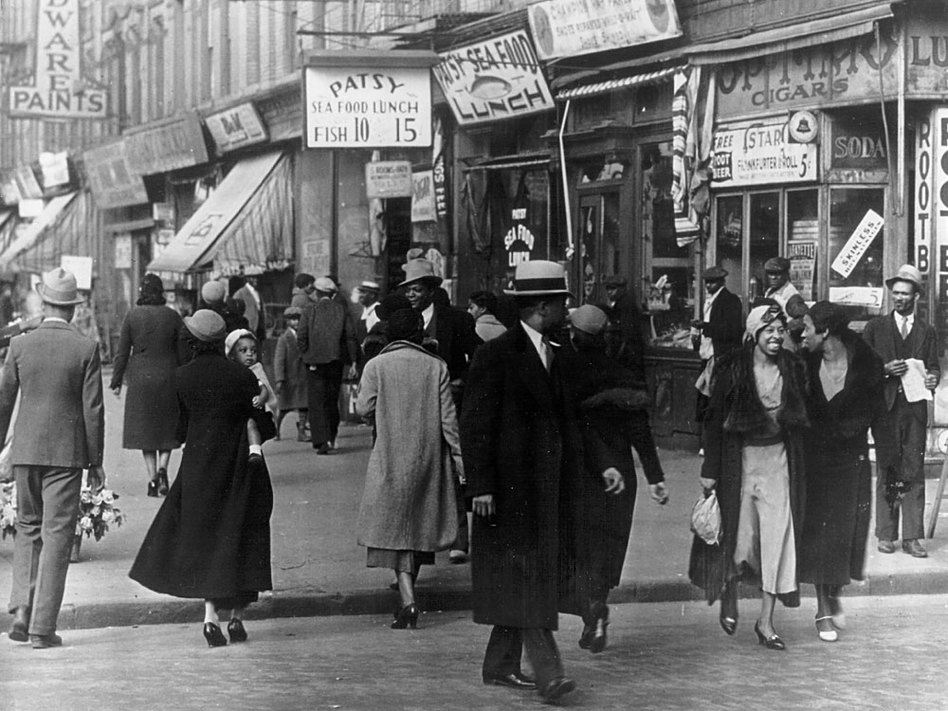
What resonated most for me was that I found so many parts of myself in the play. I grew up poor in a small conservative town in East Texas. I dreamed of being a theatre artist, telling the stories of people who looked like me and giving voice to marginalized communities. I wanted more than life had given me. I asked Cleage why this play set in Harlem in the 1930s felt so relevant now. Here is what she shared:
“The story is set in 1930, but it isn’t about 1930. It’s about truth and honor and love and fear and friendship, topics which don’t grow old. Writers are always writing about the complexities of being human. Time and place are merely the specific backdrops in which we chose to place our explorations. If we get it right about the people, the question of relevance is moot.”
Once again, she was right. What I love most about theatre is that it’s the exploration of the human condition. It’s an opportunity to be in community with others and have shared transformative experiences. It’s a joy to be able to share these powerful stories with you each year. We appreciate your support and hope that you enjoy “Blues for an Alabama Sky.” And, as the good doctor Sam would say, no matter what life throws at you, remember to “let the good times roll!”
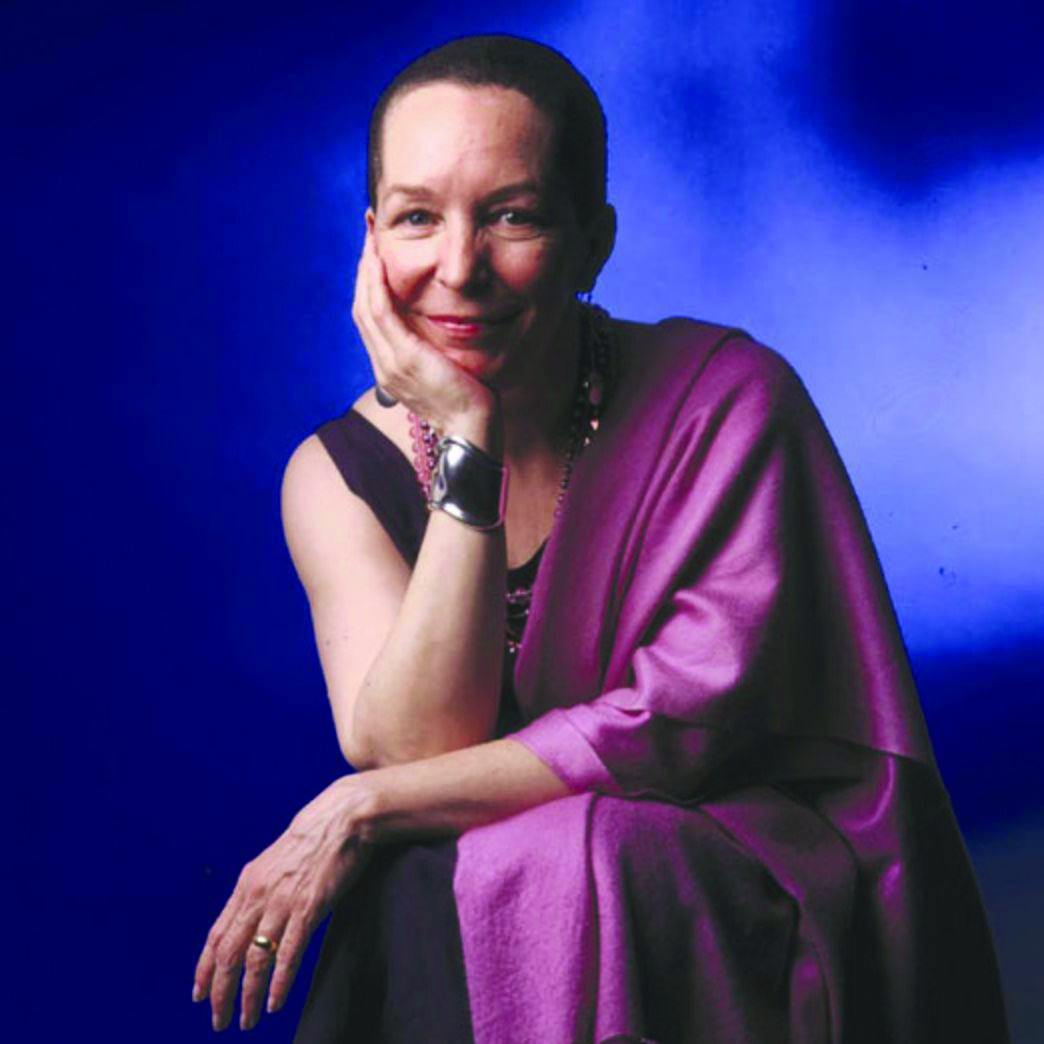
Pearl Cleage
Playwright
Pearl Cleage is an Atlanta-based writer whose plays include “Pointing at the Moon,” “What I Learned in Paris,” “Flyin’ West,” “Blues for an Alabama Sky,” and “Bourbon at the Border,” commissioned and directed by Kenny Leon at the Alliance Theatre. She is also the author of “A Song for Coretta,” written in 2007 during Cleage’s time as Cosby Professor in Women’s Studies at Spelman College. Her play “The Nacirema Society Requests the Honor of Your Prescence at a Celebration of Their First One Hundred Years” was commissioned by the Alabama Shakespeare Festival and premiered in 2010, in a joint production by the ASF and Atlanta’s Alliance Theatre, directed by Susan Booth. Her plays have also been performed at Arena Stage, Hartford Stage, the Oregon Shakespeare Festival, the Huntington Theatre, the Alabama Shakespeare Festival, the Long Wharf Theatre, Just US Theatre, True Colors Theatre, Bushfire Theatre, the Intiman Theatre, St. Louis Black Repertory Company, and 7 Stages.
She is also an accomplished performance artist, often working in collaboration with her husband, writer Zaron W. Burnett, Jr. They have performed at the National Black Arts Festival, the National Black Theatre Festival, and colleges and universities across the country. Cleage and Burnett also collaborated with performance artists Idris Ackamoor and Rhodessa Jones on the script for “The Love Project,” which premiered at the National Black Theatre Festival in 2008, and is currently touring the country.
Cleage is also an accomplished novelist. Her novels include “What Looks Like Crazy on an Ordinary Day,” a New York Times bestseller and an Oprah Book Club selection, “I Wish I Had a Red Dress,” “Some Things I Never Thought I’d Do,” “Babylon Sisters,” “Baby Brother’s Blues,” “Seen It All and Done the Rest,” and “Till You Hear from Me.” She is also the author of “Mad at Miles: A Blackwoman’s Guide to Truth,” a groundbreaking work of race and gender, and “We Speak Your Names,” a praise poem commissioned by Oprah Winfrey for her 2005 celebration of legendary African American women and written in collaboration with Zaron Burnett.
Cleage has also written for magazines, including “Essence,” “Vibe,” “Rap Pages,” and “Ms.” In addition to her work as the founding editor of “Catalyst” magazine, a literary journal, she was a regular columnist for the Atlanta Tribune for ten years, winning many awards for her thought-provoking columns. She has also written for TheDefendersOnLine.com. Cleage has been awarded grants in support of her work from the National Endowment for the Arts, the Fulton County Arts Council, the Georgia Council on the Arts, the Atlanta Bureau of Cultural Affairs, and the Coca-Cola Foundation. Her work has earned her many awards and honors, including an NAACP Image Award for fiction in 2008.
Pearl Cleage is represented by Ron Gwiazda at Abrams Artists Agency in New York City. Her website is www.PearlCleage.net. She also maintains a Facebook fan page.


Cast List
Sam —
Leland —
Angel —
Guy —
Delia —
*Indicates members of Actors’ Equity Association, the Union of Professional Actors and Stage Managers in the United States.
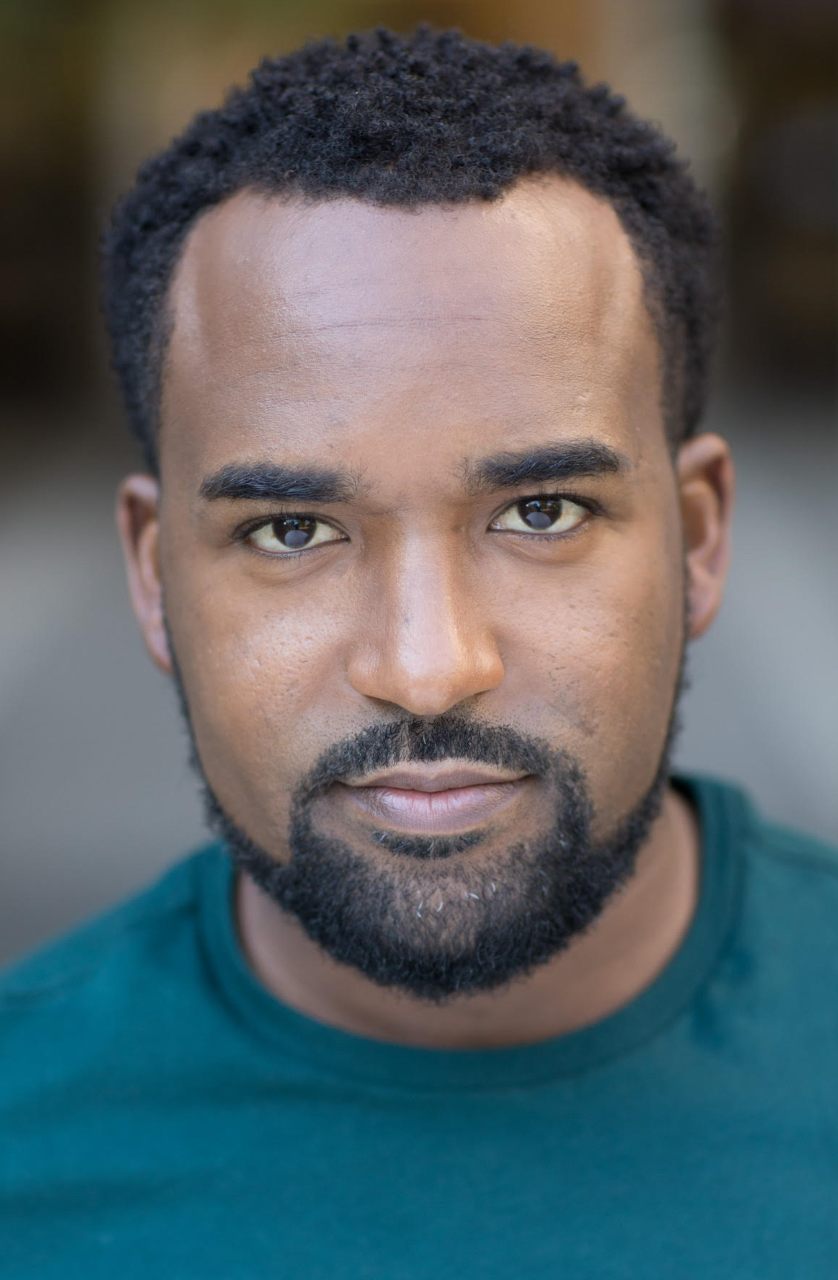
André G. Brown
Sam
PlayMakers: Debut.
Selected credits: “Afterwords” (5th Ave Theatre), “The Mountaintop” (LA/ Albuquerque), “Wine In the Wilderness” (Philadelphia EgoPo), “Hoodoo Love” (Sound Theatre), “And In This Corner Cassius Clay” (SCT), “Milk Like Sugar” (ArtsWest), “Hooded; Or Being Black for Dummies” (Theatre Battery), “F*cking A” (UW)./font>
Currently André is completing a feature-length documentary: “A Soul Cleansing.”
font size=”4″ color=”000000″> He is a proud graduate of the University of Washington’s School of Drama (Professional Actor Training Program) 2018 & NYU’s Steinhardt Program 2015.

Heinley Gaspard
Leland
PlayMakers: PlayMakers: Company member in second year of UNC’s Professional Actor Training Program. “The Skin of Our Teeth.”
Recent/Favorite credits: “House of the Negro Insane” (Contemporary American Theatre Festival 2022)
NYC credits include “Split Second” (Theatre 54, 2019), “The Bellagio Fountain” (Here Arts, 2017), “Macbeth” (Bank Street Theatre, 2019) FENCES (Hudson Theatre Works 2013). Film/TV: “Omniboat” (Sundance 2020) “Coney Island Queen” (Cannes 2014), “For Life” (ABC 2019), “Wutang: An American Saga” (Hulu 2022).
Heinley holds a B.S. in Biology with a Molecular Cellular Physiology concentration and spent 16 years as a Clinical Technician. His Actor Training includes Mason Gross School of the Arts, The William Esper Studio, The Upright Citizens Brigade.
heinleygaspard.com | Instagram | Twitter

Tia James
Angel
PlayMakers: Company member for three seasons. Actor: “A Wrinkle in Time”, “Julius Caesar,” “Native Son.” Vocal coaching includes “Stick Fly”, “Ragtime,” “How I Learned to Drive,” “Life of Galileo,” “Bewilderness,” “She Loves Me,” “Skeleton Crew,” “Sherwood,” “Jump,” “Your Healing is Killing Me.” Director: “How I Learned What I Learned”, “As You Like It,” “Macbeth” (PlayMakers Mobile) and “Constellations” (PlayMakers Ground Floor).
Broadway: “The Merchant of Venice.”
Off-Broadway / New York: “The Winter’s Tale,” “The Merchant of Venice” (Shakespeare in the Park).
Regional: “Richard III” (Allentown Shakespeare); “Loving and Loving” (Stella Adler Studios); “Much Ado About Nothing” (Two River Theatre); “Civilization [All You Can Eat]” (Woolly Mammoth Theater).
Television: “Nurse Jackie,” “Treme.”
Teaching / Coaching / Directing: UNC-Chapel Hill, NYU Graduate Acting, NYU Dance, Atlantic Acting School, Montclair University.
Education / Awards: MFA NYU Tisch Graduate Acting Program, BFA Virginia Commonwealth University; Teacher Training under Scott Miller and John Patrick. Recipient of the 2014 NYU Graduate Acting Diversity Mentorship Scholarship, 2003 Kennedy Center American College Theatre Festival, Irene Ryan Acting Scholarship winner for Best Actor; 2019 Michael Chekhov/Zelda Fichandler Scholarship.

Jamar Jones
Guy
PlayMakers: Company member in their second year of UNC’s Professional Actor Training Program. “A Wrinkle in Time”, “Stick Fly” (U/S performed), “The Skin of Our Teeth”. “The Brothers Size” (PlayMakers Ground Floor). Assistant Director: “How I Learned What I Learned”.
Regional: “Black Like Me” (Chautauqua Theater Company); “Everybody” (Cadence/Virginia Rep); “Fires in the Mirror”, “Passing Strange” (Firehouse Theatre); “Fences”, “Akeelah and the Bee” (Virginia Repertory Theatre); “Red Velvet” (Quill Theatre); “An Octoroon”, “Topdog/Underdog” (TheatreLab); “Free Man of Color” (The Heritage Ensemble Theatre Company); and “Choir Boy” (Richmond Triangle Players/THETC).
Education/Awards: The College of William and Mary, B.A. Sociology and Theatre. 2019 Richmond Theatre Critics Circle Award, Best Actor in a Leading Role – Play for “An Octoroon,” 2020 RTCC Award, Ernie McClintock Best Ensemble Acting for “Passing Strange.”

Saleemah Sharpe
Delia
PlayMakers: Company member in their second year of UNC’s Professional Actor Training Program. “The Skin of Our Teeth”, “Gloria”, “A Doll’s House, Part 2” (PlayMakers Ground Floor). Dramaturg: “How I Learned What I Learned”.
New York: “King Lear” (NY Classical).
University: “As You Like It” (Stella Adler Studio of Acting); “King Lear,” “Soon Again Not Yet,” “Sopita” (Royal Social Distance Company); “Sins of the Father” (Eden Theater Company); “Significant Other” (The Theatre Project); “The Block” (Lakai Dance Theatre); “Ubu Roi,” “Straight Outta Kansas,” “Antigone” (Montclair State University).
Film: “The Girl With the Eyes” (Independent film), “Remission Accomplished” (Student film).
Television: “iCarly” (Nickelodeon), “The Electric Company” (PBS Kids).
Education/Awards/Other: Montclair State University B.A. Theatre Studies & a double-minor in Myth Studies & Business

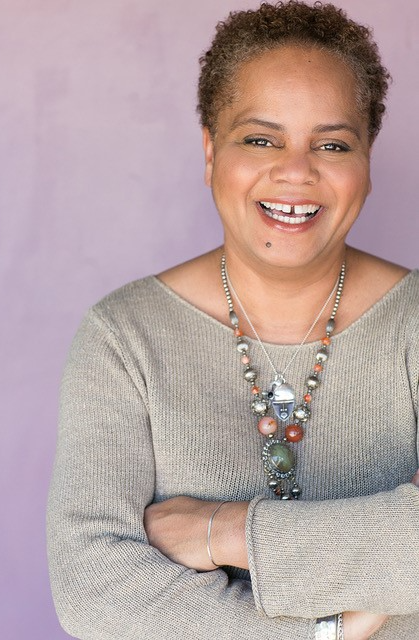
Valerie Curtis-Newton
Director
Last at PlayMakers in 2019 with “Skeleton Crew,” Valerie is currently Head of Directing & Playwriting at the University of Washington’s School of Drama. Valerie is the founding Artistic Director of The Hansberry Project – an African American Theatre Lab. She has previously served as the Artistic Director of Hartford Connecticut’s Performing Ensemble, Inc. and the Artistic Director for Seattle’s Ethnic Cultural Theatre. Her national credits include work with The Guthrie Theatre, Intiman Theatre, A Contemporary Theatre, Mark Taper Forum/Center Theatre Group, Actors’ Theatre of Louisville, Alabama Shakespeare Festival, Seattle Children’s Theatre, Seattle Repertory Theatre, New York Theatre Workshop and Southern Repertory Theatre.
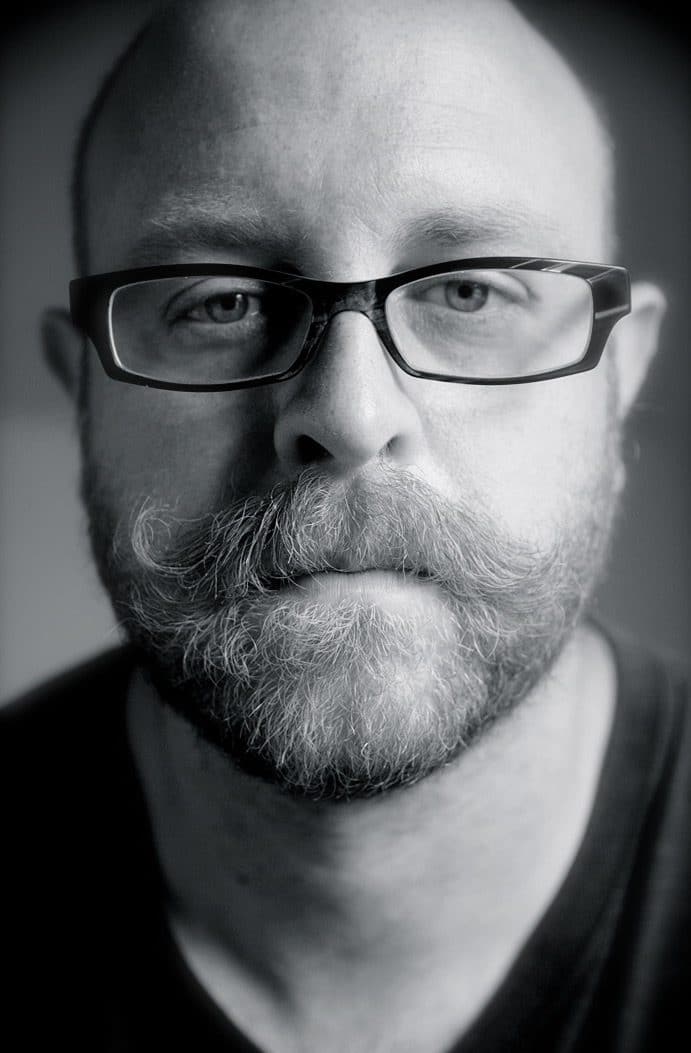
Matthew Smucker
Scenic Designer
PlayMakers: Debut.
Regional: “Dracula”, “The Crucible”, “The Legend of Georgia McBride”, “Mr. Burns”, “The Invisible Hand”, “Grey Gardens”, “First Date”, “In the Next Room”, “The Trip to Bountiful”, “Rock ’n ’Roll”, “Eurydice”, “The Women”, “Wine in the Wilderness”, “Flight”, and “The Pillowman” among others (ACT); “Rock of Ages”, “Man of La Mancha”, “Elf”, “Oklahoma!”, “Candide” (5th Avenue); “Dry Powder”, “Who’s Afraid of Virginia Woolf?”, “Circle Mirror Transformation”, “Speech & Debate”, “Three Tall Women”, among others (Seattle Rep); “Last Night and the Night Before” (Denver Center); “Beatrice and Benedict” (Seattle Opera); “All my Sons”, among others (Intiman); as well as designs for Arizona Theatre Company, Artist’s Repertory Theatre, Kansas City Rep, Paper Mill Playhouse, Portland Center Stage, San Jose Rep, Seattle Shakespeare, Seattle Children’s, and Village Theatre, among many others.
Education/Other: Smucker is a Professor at Cornish College of the Arts, received his M.F.A. from the University of Washington School of Drama, and is a proud member of United Scenic Artist
Melanie Burgess
Costume Designer
PlayMakers: Debut.
Melanie Burgess is a Seattle based Costume Designer. She has designed costumes for over 170 productions for: Seattle Opera, Seattle Repertory Theatre, 5th Avenue Theatre, ACT, Intiman Theatre, The Village Theatre, Seattle Children’s Theatre, Seattle Shakespeare Company, New Century Theatre Company, Seattle Theatre Company, Strawberry Theatre Workshop,Taproot Theatre, Tacoma Actor’s Guild and The Empty Space Theatre.
Regional: The Guthrie, Cincinnati Playhouse, Denver Center, Arizona Theatre Company, Minneapolis Children’s Theatre, Tantrum theatre-Ohio, Idaho Theatre for Youth, Honolulu Theatre for Youth, and Hawaii Opera.
Education/Other: Melanie received her MFA from the University of Washington. She is the recipient of the 1st Gregory Award for Outstanding Costume Design 2010 and again in 2019 and has received 7 Seattle Footlight Awards. She is a professor of Costume Design at Cornish college of the Arts.

Marcus Dilliard
Lighting Designer
PlayMakers: “The Tempest”, “Metamorphoses”, “Imaginary Invalid”.
Marcus has designed for theatre and opera across North America and in Europe, and has designed numerous productions for the Guthrie Theater, Minnesota Opera, Theatre de la Jeune Lune, The Moving Company, Theater Latté Da, Penumbra Theatre, Minnesota Orchestra, Children’s Theatre Company, Ordway Music Theater, Minnesota Dance Theatre, American Repertory Theatre, Intiman Theatre, and Actors Theatre of Louisville. He has also designed for the Spoleto Festival (Italy); the Athens Festival, Lyric Opera Kansas City, Portland Opera, San Diego Opera, Flanders Opera, Opera Philadelphia, Opera Pacific, Pittsburgh Opera, Fort Worth Opera, Vancouver Opera, Opéra de Montréal, Canadian Opera Company, Chicago Opera Theater, and Boston Lyric Opera.
Marcus is the recipient of an Ivey Award, a Sage Award, and two McKnight Theater Artist Fellowships. He is a professor in the department of Theatre Arts and Dance at the University of Minnesota and is a graduate of Boston University’s School for the Arts.
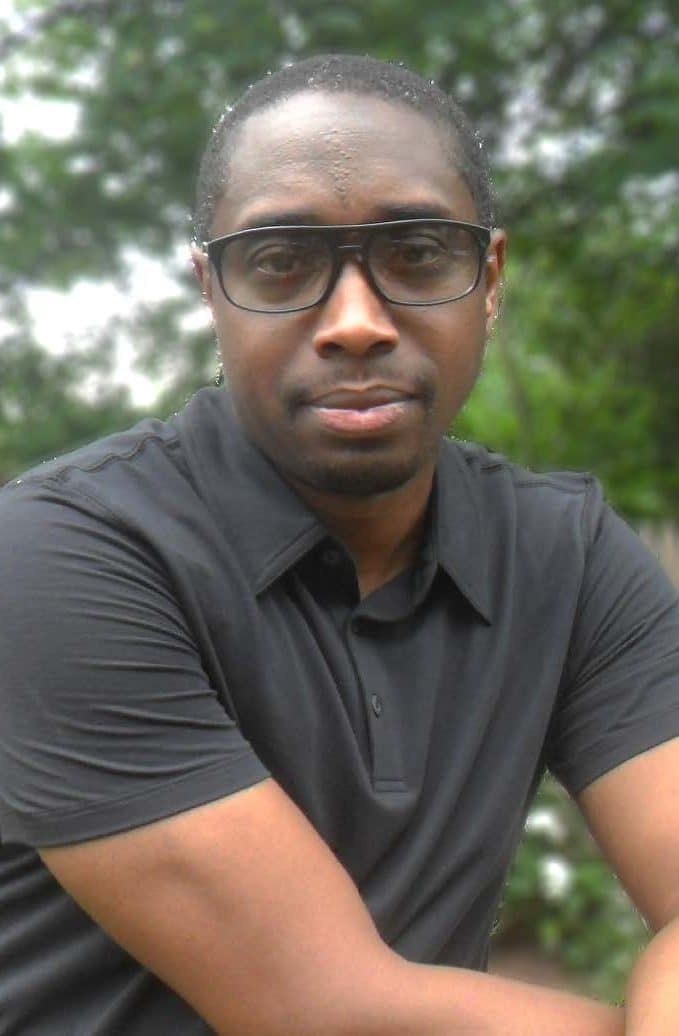
Larry Fowler, Jr.
Sound Designer
Larry is a Philadelphia based theater sound designer, radio imaging producer, and music producer whose work spans 20+ years. Theater companies Larry has designed for include Wilma Theater, Azuka Theater (Current Board Member), Interact Theater, Theater Horizon, People’s Light, Theater Exile, The Lantern Theatre, Denver Center, Trinity Rep, Rennie Harris Puremovement (DJ-Rome And Jewels), ELeon Dance, Danse4Nia, and Khaleah London Dance. He is a 3-time Barrymore Award nominee for his work on “Blood Wedding” (Wilma Theater, 2017), “Peter and the Starcatcher” (Theater Horizon, 2018), and “Hype Man” (Interact Theater, 2018).
In broadcast radio, Larry has been an in-studio producer and board operator for Radio One, Inc. in Philadelphia and is currently an imaging producer, voice over talent, and content editor for Healthcare Now Radio.com. He is also an Adjunct Associate Professor at The University of the Arts.
Soundcloud: whatsthatsound1
Instagram: @mrcisum

Jacqueline E. Lawton
Dramaturg
PlayMakers: Company member in her 8th season and professor in the Department of Dramatic Art at UNC-Chapel Hill.
Regional Dramaturgy: Actors Theatre of Louisville’s Humana Festival of New American Plays, Arden Theater, Arena Stage, Ensemble Studio Theater, Ford’s Theatre, Goodman Theatre, Horizons Theater, Interact Theatre, Kennedy Center VSA Program, Rorschach Theatre, Round House Theatre, the Stratford Festival, Theater J, Virginia Stage Company and Woolly Mammoth Theatre Company
Playwright: Anna K; Among These Wild Things; Behold, a Negress; Blackbirds; Blood-bound and Tongue-tied; Deep Belly Beautiful; The Devil’s Sweet Water; Edges of Time; Freedom Hill; The Hampton Years; Intelligence; Love Brothers Serenade; Mad Breed; Noms de Guerre; So Goes We; and the Wonderful Wizard of Oz.
Education/Affiliations: MFA in Playwriting, University of Texas at Austin; James A. Michener Fellow. TCG Young Leaders of Color, National New Play Network (NNPN), Arena Stage’s Playwrights’ Arena, Center Stage’s Playwrights’ Collective and the Dramatist Guild of America.
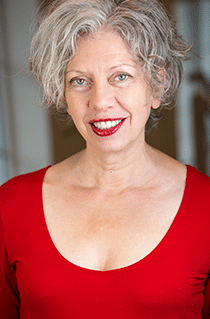
Gwendolyn Schwinke
Vocal Coach
PlayMakers: Company member in her fourth season. Actor: “The Skin of Our Teeth”, “As You Like It”. Vocal Coach: “Yoga Play,” “Dairyland,” “Native Son,” “Julius Caesar,” “As You Like It.”
Voice/Text/Dialect Coach: Favorites include ”Merry Wives of Windsor,” “Taming of the Shrew,” “Love’s Labor’s Lost,” “Cymbeline,” “Intimate Apparel,” “Merchant of Venice,” “Two Gentlemen of Verona,” “Ugly Lies the Bone,” “Comedy of Errors,” “Hamlet” (Shakespeare & Company); “Merry Wives…,” “Hamlet,” “The King and I” (Oxford Shakespeare Festival); “Boeing-Boeing,” “Lost in Yonkers” (Atlantic Stage).
Actor: Carlyle Brown & Company, Oxford Shakespeare Festival, Frank Theatre, Red Eye Collaboration, Minnesota Shakespeare Project, Atlantic Stage, Old Creamery Theatre, Illinois Shakespeare Festival.
Playwright: Plays developed and/or produced by Seattle Repertory Company, Cherry Lane Theatre, The Playwrights’ Center, Red Eye Collaboration, Judith Shakespeare Company, Jungle Theatre.
Teaching: David G. Frey Fellow/Assistant Professor of Voice & Speech at UNC-Chapel Hill, Company Member at Shakespeare & Company, Designated Linklater Voice Teacher and Teacher Trainer, Guild-certified Feldenkrais Teacher.
PatMcCorkle, CSA
McCorkle Casting, Ltd.
Pat McCorkle and McCorkle Casting continue to strive for inclusivity and social awareness during it’s 35 year history in casting.
Broadway: Over 50 productions including; “On The Town,” “Amazing Grace,” “End of the Rainbow,” “A Few Good Men,” etc.
Off-Broadway: Over 60 productions: Highlights; “Tribes,” “Our Town,” “Driving Miss Daisy.”
Regional Theatre: Guthrie, Barrington Stage, George Street Playhouse, hundreds of other regional theatres.
Feature films: Currently working on 6 films. Previous projects; “Premium Rush”, “Ghost Town”, “The Thomas Crown Affair”, “Die Hard with a Vengeance” etc. Television: 2 new films for Hallmark, “Twisted”, “Humans for “Sesame Street”. (CBS),“Californication”(Emmy Nomination “Chappelle’s Show”, “Strangers with Candy etc. (mccorklecasting.com)

Sarah Smiley
Stage Manager
After a seven year hiatus in her home state of Florida, Sarah is excited to return to PlayMakers as resident stage manager, having held that position from 2005 – 2015. In the interim, Sarah has been the resident stage manager and properties supervisor at freeFall Theatre in St. Petersburg, FL. She has worked with theatres, theme parks, and road houses in seven states and the U.K., including Tampa Playmakers, Tampa Players, Busch Gardens Tampa, the Alliance Theatre Company, 7stages, Gulfshore Playhouse, Shadowland Theatre, the Brooklyn Academy of Music, the Sherman Theatre in Cardiff, Wales, and the West Yorkshire Playhouse in Leeds. She is a member of Actors’ Equity Association, and has been active in USITT and the Stage Managers’ Association. She received her M.F.A. from the University of Iowa.
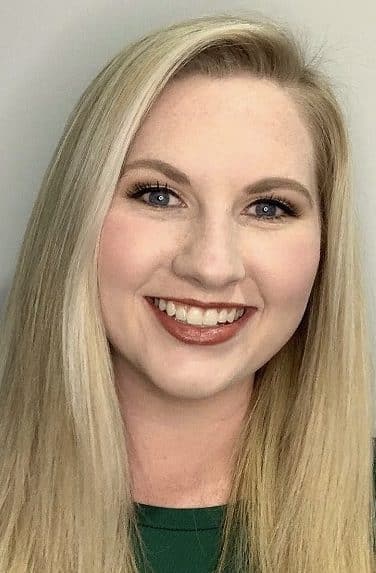
Aspen Jackson
Assistant Stage Manager
Aspen graduated in May of 2019 with a BA in Vocal Performance and Dramatic Arts from UNC-Chapel Hill. During her undergraduate career, she was stage manager for shows such as Cendrillon, Dido and Aeneas and The Pillowman. After graduating, Aspen completed an internship with the Walt Disney World Company and she worked as a production assistant for Playmakers Repertory Company during their ’19/’20 and ’21/’22 seasons. Aspen is thrilled to be returning to Playmakers Repertory Company this season for her debut as Resident Stage Manager.
PlayMakers Leadership
Vivienne Benesch
Producing Artistic Director
Vivienne is in her seventh full season as a company member and Producing Artistic Director at PlayMakers, where she has helmed productions of “The Storyteller,” “Dairyland,” “Life of Galileo,” “Leaving Eden,” “The May Queen,” “Three Sisters,” “Love Alone,” “RED” and “In The Next Room.” In her six seasons with the theatre, she is particularly proud to have produced ten world-premieres and launched PlayMakers Mobile, a touring production aimed at reaching underserved audiences around the Triangle.
For 12 seasons, she served as Artistic Director of the renowned Chautauqua Theater Company and Conservatory, presiding over the company’s transformation into one of the best summer theatres and most competitive summer training programs in the country. Vivienne has also directed for the Folger Shakespeare Theatre (Helen Hayes nomination for best direction 2019), The Shakespeare Theatre of New Jersey, Trinity Repertory Company, NY Stage & Film, and Red Bull Theatre, among others. In 2018, she directed the world premiere of Noah Haidle’s “Birthday Candles” for Detroit Public Theatre and and just finished directing its Broadway production, starring Debra Messing.
As an actress, Vivienne has worked on and off-Broadway, in film and television, at many of the country’s most celebrated theatres, and received an Obie Award for her performance in Lee Blessing’s “Going to St. Ives.” Vivienne is a graduate of Brown University and NYU’s Graduate Acting Program. As an educator, she has directed for and served on the faculty of some of the nation’s foremost actor training programs, including The Juilliard School, UNC-Chapel Hill’s Professional Actor Training Program, Brown/Trinity Rep MFA Program, and at her alma mater, NYU’s Graduate Acting Program. She is the 2017 recipient of the Zelda Fichandler Award given by the Stage Directors and Choreographers Foundation.
Michael Rolleri
Production Manager
Michael is in his 36th season with PlayMakers Repertory Company. He has been Technical Director, Project Manager, Exhibition Technician, and Lighting Designer for industrial shows in the Southeast region, as well as lead carpenter for films, the U.S. Olympic Festival, and scenic studios. He has also been a rigger in the Southeast region and has served on the executive board and as President of IATSE Local 417. Michael is a 30 year Gold Pin member of IATSE. An active member of United States Institute For Theatre Technology (USITT), he is a three-time winner at USITT’s Tech Expo. He is a full Professor/Head of the Technical Production Program at UNC-Chapel Hill and was an instructor at High Point University and Tufts University. Education: MFA in Design and Technical Production, UNC-Greensboro.

Blues for an Alabama Sky
by Pearl Cleage
Duration:
Act 1: 1 hour, 30 minutes
15 Minute Intermission
Act 2: 1 hour
Please be aware: This production includes the smoking of herbal cigarettes and a loud, sudden noise.
Joan H. Gillings Center for Dramatic Art
CB# 3235, UNC-Chapel Hill
Chapel Hill, NC 27599-3235
Box Office: 919.962.7529
Website: www.playmakersrep.org
What Will Shows Look Like This Year?
The 22/23 season will feature six live, in-person performances featuring works that explore the resilience of family bonds in all their complicated forms, friendships that transcend language, time, and space, and one man’s connection to his community that helps him stand taller than he could alone.
Health and Safety
PlayMakers Repertory Company is committed to the safety and well-being of our patrons, artists and staff. We will be following state, industry and University safety guidelines in the 22/23 season.
All patrons are encouraged to wear masks while inside the Joan H. Gillings Center for Dramatic Art.
We have increased sanitation measures throughout the building and put some new protocols in place to improve safety including:
- Touch free electronic ticketing
- Hand sanitizers throughout the Center for Dramatic Art
- More frequent cleaning of high-touch surfaces
- HEPA filtration units
What If I Have to Miss My Performance Date?
For the safety of all our artists, patrons, and staff, if you feel unwell, please stay home. You may call our Box Office and ask to be reseated for another performance, or request a refund up to 48 hour before your ticketed performance.
If you know you will miss a performance date, we can exchange your ticket for you, based on availability. Please call our Box Office at least 48 hours before your scheduled performance, and please be aware that all exchanges are based on availability and a fee or additional cost may apply. Subscribers may exchange their tickets with no additional fee, but additional cost may apply with a change in performance or section.
Box Office Hours
Mon, Weds, Fri 12:00 noon-5:00p.m. and 90 minutes prior to each performance.
Use of Cell Phones and Other Electronics
Texting and using cell phones, laptops, smart watches, and other devices light- or sound-emitting devices are strictly prohibited during the performance. Please turn all electronic devices to silent, theatre mode, or off during the show.
Cameras or Recording Devices
Taking photographs or videotaping inside the theatre is strictly prohibited during performances. However, before the show, during intermission, and after the show, you are invited to take and share your photos of the stage and scenery.
Parking
There are several paid and free parking options available near PlayMakers. We recommend arriving 30 minutes before the show so that you have time to park and pay (Monday-Thursday evenings only) and find your seat. For more information and an interactive map of nearby parking options, please visit
Policy on Young Children
As a courtesy to our patrons, it is the policy of PlayMakers not to admit children under the age of 5. All of our shows have content ratings for each production (for example: Rated PG-13). If you are considering bringing your child, please refer to website or contact our Box Office for further information. All patrons, regardless of age, must have a ticket.
Headsets for Hearing Impaired Patrons
Our theatres are equipped with sound systems that amplify the sound from the stage. Patrons who wish to use the system may obtain headsets on a first-come, first-served basis from the coat check. Headsets must be returned immediately after the performance.
Late Seating and Leaving Your Seat During the Performance
To minimize disruptions to the actors and other patrons, late seating will be provided at the discretion of the house manager at an appropriate break in the action on stage. Patrons who need to be seated late must be escorted by house staff to seats at the rear entrance of the auditorium, which entails climbing a flight of stairs. Patrons can take their regular seat at intermission.

Administration
Vivienne Benesch, Producing Artistic Director
Artistic
Tracy Bersley, Movement Coach/Choreographer
Chelsea James, Producing Assistant
Tia James, Vocal Coach
Gregory Kable, Dramaturg
Jacqueline E. Lawton, Dramaturg
Jeffrey Meanza, Associate Artistic Director
Mark Perry, Dramaturg
Gwendolyn Schwinke, Vocal Coach
Jeri Lynn Schulke, Engagement Associate
Adam Versényi, Dramaturg
Administration
Kate Jones, Business Operations Coordinator
Lisa Geeslin, Accountant
Maura Murphy, General Manager
Development
Kymberly Burkhead-Dalton, Director of Development
Marketing & Audience Services
Hannah Hendren, Communications & Advancement Assistant
Alex James, Audience Services Associate
Diana Pineda, Director of Sales & Marketing
Thomas Porter, Box Office Manager
Rosalie Preston, Associate Director of Marketing
Jenna Zottoli, Audience Services Associate
Department of Dramatic Art
Kathryn Hunter-Williams, Chair and Associate Professor
FACULTY
Milly Barranger, Professor Emerita
Vivienne Benesch, Professor of the Practice
Tracy Bersley, Associate Professor
Pamela Bond, Visiting Teaching Assistant Professor
Jan Chambers, Professor
McKay Coble, Professor
Jeffrey Blair Cornell, Associate Chair, Teaching Professor
Ray Dooley, Professor Emeritus
Samuel Ray Gates, Assistant Professor
Julia Gibson, Associate Professor
Tia James, Assistant Professor
Gregory Kable, Teaching Professor
Jacqueline E. Lawton, Associate Professor
Adam Maxfield, Teaching Professor
Triffin Morris, Professor of the Practice
David Navalinsky, Professor
Bobbi Owen, Distinguished Professor Emerita
Laura Pates, Teaching Assistant Professor
Mark Perry, Teaching Associate Professor
Rachel E. Pollock, Teaching Assistant Professor
Michael Rolleri, Professor
Gwendolyn Schwinke, Assistant Professor
Aubrey Snowden, Teaching Assistant Professor
Craig Turner, Professor Emeritus
Adam Versényi, Professor
STAFF
Lisa Geeslin, Accounting Technician
Jordan Clodfelter, KTC Technical Director
Karen Rolleri, Business Coordinator
Jamie Strickland, Business Officer
Production
Michael Rolleri, Production Manager
Costumes
Amy Evans, Costume Shop Manager
Marissa Lupkas, Wardrobe Supervisor
Matthew Mallard, Assistant Costume Director
Triffin Morris, Costume Director
Rachel Pollock, Costume Craftsperson
Costume Production Graduate Students:
Matty Blatt, Jocelyn Chatman, Emma Hoylst, Zachery Morrison, Lou Pires, Sally Rath, Athene Wright
Lighting
Benjamin Bosch, Electrics Supervisor
Props
Emma Anderson, Props Artisan
Lauren Reinhartsen, Properties Supervisor
Scenic
Anthony Cacchione, Production Carpenter
Adam Maxfield, Technical Director
Laura Pates, Assistant Technical Director
Jessica Secrest, Scenic Artist
Technical Production Graduate Students:
Brock Burton, Joel Ernst, Luke Robinson, Rachel Van Namen, Garrett Weeda
Will Peele, Undergraduate Assistant-Scene Shop
Sound
David Bost, Sound Supervisor
STAGE MANAGEMENT
Aspen Jackson, Stage Manager
Sarah Smiley, Stage Manager
PlayMakers’ Resident Acting Company
Jeffrey Blair Cornell
Samuel Ray Gates
Julia Gibson
Kathryn Hunter-Williams
Tia James
Gwendolyn Schwinke
Professional Actor Training Program:
Hayley Cartee, Heinley Gaspard, Jamar Jones, Saleemah Sharpe, Sanjana Taskar, Adam Valentine
For this Production of “Blues for an Alabama Sky”
Laura Pates, Production Technical Director
Adam Maxfield, Assistant Technical Director
Lou Pires, Assistant to the Costume Designer
Jocelyn Chatman, Matty Blatt, Emma Holyst, Drapers
Zachery Morriso, Stitcher
Sally Rath, Crafts Assistant
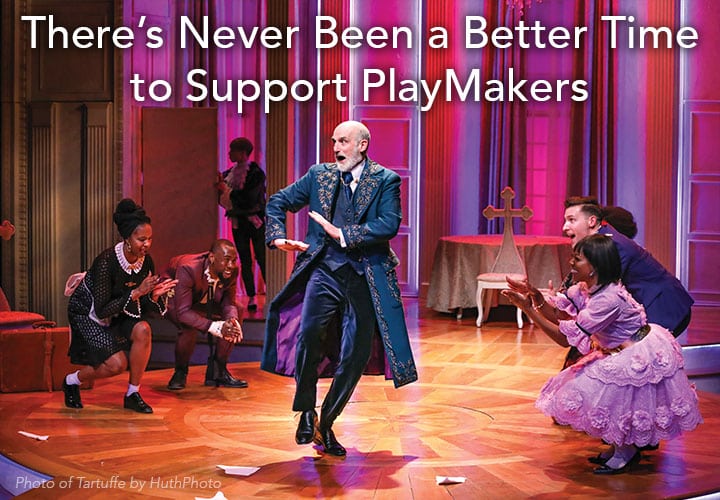
As a nonprofit professional theatre, ticket sales traditionally cover only half of our annual operating costs. This year, we cannot count on ticket revenue as we have in the past. We must rely on the generosity of our community to help close the gap and keep our stages alive.
You can help support and sustain all our work, both on stage and off, by making a tax-deductible gift which enables us to:
- Bring innovative, entertaining, and relevant theatre to the Triangle
- Serve students across the state through our award-winning educational programs
- Engage with our audiences through artist and community conversations
- Remain flexible, safe, and better prepared for the future
Every gift, big or small, makes a huge difference!
Ways to Give
Online
Phone or Email
Kymberly Burkhead-Dalton, Director of Development
prc_development@unc.edu
919.962.2481
Send your check to:
PlayMakers Repertory Company Development Department
Joan H. Gillings Center for Dramatic Art
CB 3235
Chapel Hill, NC 27599-3235
PlayMakers is grateful to the members of the Friends of PlayMakers for their generous support. For more information about how to join this dynamic group of supporters, call the PlayMakers Development Office at 919.962.2481 or visit us at playmakersrep.org.
Director’s Circle ($10,000+)
Anonymous
Betsy Blackwell and John Watson Jr.
Thomas and Holly Carr
G. Munroe Cobey
Fidelity Charitable Gift Fund
Joan H. Gillings ~
The Charles Goren and Hazen Family Foundation, Trustees Tom and Lisa Hazen
Brian Hargrove and David Hyde Pierce
Mrs. Frank H. Kenan
Coleman and Carol Ross
Schwab Charitable
Shubert Foundation
Vanguard Charitable Endowment Program
Alan H. Weinhouse
Angel ($5,000–9,999)
Anonymous
American Endowment Foundation
Andrew and Katherine Asaro ^ +
T. Chandler and Monie Hardwick
Munroe and Becky Cobey
Robert and Mary Ann Eubanks
Gordon J. Ferguson
Drucie French and Steve Cumbie
Joanne and Peter Garrett
Chan and Monie Hardwick
Kim Kwok
Mr. and Mrs. William O. McCoy
Paul and Linda Naylor
Bobbi Owen
Amy and Nick Penwarden
The Prentice Foundation
Paul McNeill Sconyers
The Educational Foundation of America
Theatre Projects
Jim and Bonnie Yankaskas
Investor ($2,500–4,999)
Anonymous
Richard and Deirdre Arnold ^
Andrew and Katherine Asaro ^ +
Vivienne Benesch
Stephen S. Birdsall
Ed and Eleanor Burke
Cindy and Thomas Cook
Cindy K. Cook
Joanne and Peter Garrett
Susan E. Hartley
Dr. Lyle V. Jones
Susan J. Kelly
Robert and Kathryn Kyle
Mark & Bette Morris Family Foundation
Sandy and Ned McClurg ^
Mark and Julie Morris
Amy Penwarden
Raymond James Charitable Endowment Fund
Jean and Joseph Ritok
Dr. and Mrs. Edward Smithwick
Triangle Community Foundation
David and Heather Yeowell
Page to Stage ($1,500–2,499)
David and Judy Adamson
Ayco Charitable Foundation
Steve Benezra ^
Edmund S. Burke
Capital Group Company Charitable Foundation Matching Gifts
Jeffrey Blair Cornell and Maria Savage
Julie R. Daniels
Imre and Aniko Gaal
Dustin and Susan Gillings Gross
Susan G. Gross
Kevin and Amy Guskiewicz
David Howell
IBM Corporation Matching Gifts
Jacobs Preyer Family Foundation
Hannelore and Konrad Jarausch
Joanna Karwowska and Hugon Karwowski ^
Howard and Sandra Kaufman
Kathryn and Robert Kyle
Lauren Rivers
Morgan Stanley Global Impact Funding Trust, Inc.
Panter Foundation
Rich and Marilyn Jacobs Preyer
Perry Branin Silver
Dr. and Mrs. William Stewart
The Rev. Wendy R. and Mr. W. Riley Waugh
Roger and Marlene Werner
YourCause, LLC Trustee for IBM Matching Gifts
Partner ($1,000–1,499)
Anonymous (4)
Penny and Howard Aldrich
Laurence Arthur Cobb
Erwin Cohen
Dede Corvinus
Julie R. Daniels
Jo Anne and Shelley Earp
Constance and Robert Eby
Dr. and Mrs. John P. Evans
John and Diane Formy-Duval
Aniko Gaal
W. Patrick Gale
Dana R. Greenwood
Robert S. Greenwood
Joseph and Deirdre Haj
Clay and Jane Harrell
Carol Hazard and Winston Liao
Vikram Rao and Susan Henning
Ann E. Holloman
Lynn Knauff
Jack Knight and Margaret Brown ^
Gary and Carolyn Koch
Dr. Catherine Kuhn and Glenn Tortorici
Shirley and Tom Kunkel
Douglas and Nelda Lay
Anand and Sandhya Lagoo
Scott Levitan and Patrick Francisco
Winston Liao
Mort and Cheryl Malkin
David and Harriet Martin
Connie and Vernon Matzen
Holly and Ross McKinney
James and Susan Moeser
Paul and Sherrie Norton
Bettina Patterson
Lee and Barbara Pedersen
Isaac and Sabrina Presnell-Rockoff
Alec Rhodes
Rif Riddick
Rufus M. Riddick
Carole Lynne Shelby
David Sontag *
Glenn J. Tortorici
Sarah West and Thomas Dominick
Jesse L. White, Jr.
Backer ($500–999)
Anonymous (3)
Anonymous friends of Ben Kahn,
In memory of Charles Kahn
Akin Akinli
Virginia M. Aldige
Howard and Penny Aldrich
Pete and Hannah Andrews
Evelyn Barrow
John W. Becton and Nancy B. Tannenbaum
Shula and Steve Bernard
Dr. Stanley Warren Black, III
Stanley W. Black
Julia A. Borbely-Brown
Jackson Davis Breaks II and Carolyn Snyder Breaks
Drs. Maurice and Mary Hughes Brookhart
Jennifer and Robert Buckmire
Keith Burridge and Patricia Saling
Ann and John Campbell
Philip and Linda Carl
Clara Cazzulino
Laurence A. Cobb
Adrienne and John Cox*
Brooks de Wetter-Smith and Mary Lou Leiser Smith
David A. Doll
Alexander M. Donaldson and Georgia Cobb Donaldson
Dr. Carrie Donley
W. Patrick Gale and Dr. Carrie Lynn Donley
Bob and Connie Eby
Eli Lilly & Company Foundation Matching Gifts Program
Thorsten Fjellstedt
Mr. Stephen Mark Cumbie and Dr. Druscilla French
Shayne C. Gad
Bill Cobb and Gail Perry
W. Patrick Gale ^
Nichole Gantshar
Mike and Bonnie Gilliom
Ugo Goetzl
James P. Gogan
Priscilla Alden Guild
Carolyn and Jim Harris
C. Hawkins ^
Drs. M. Vikram Rao and Susan June Henning
Ann Holloman
Betty Block James
Julie and Robert Keely*
Brenda W. Kirby
Michael Maness and Lois Knauff
Laura Koshel and Rafael de Jesus
Leonard & Ruth Kreisman
Randy and Cathy Lambe
Douglas M. Lay and Nelda Kilcrease Lay
Douglas Maclean and Susan Wolf
Elaine Mangrum
Janet McCarthy*
Ed and Connie McCraw
Cecilia D. Moore^
Mary Nunn Morrow
Jill Muti
Nelda K. Lay Revocable Trust
Stephen Nelson
Linda Williams Norris
George D. Norton
Paul and Cheryl Norton
Liz and Dave Nuechterlein
Lois Oliver
Jo Ann and Gordon Pitz
Mark and Eugenea Pollock
Robert and Joyce Anne Porter
Jodi and Glenn Preminger
David and Lisa Price
Elizabeth Raft
Rao Family Foundation
Dr. Terry Rhodes
Victor and Linda Roggli
Jan F. and Anne P. Sassaman
Stephanie Ann Schmitt and Kevin Zachary Kinlaw
Martha Scotford*
Kyle and Jenn Smith
Jackie Tanner*
The Marconi Hoban Tell Fund of
Triangle Community Foundation
Glen H. and Sandy T. Elder
Ernest T. Wilkes
Alan Young
^ Sustainers Club Member
+ Women’s Point of View (WPOV) Supporter
* PlayMakers Special Event Supporter
~ Deceased
This list is current as of January 18, 2022. If your name is listed incorrectly or not at all, please contact PlayMakers Development Office at 919.962.2481. We will ensure you are recognized for your thoughtful support.


PlayMakers’ 2022/23 Season is Made Possible in Part by Grants from
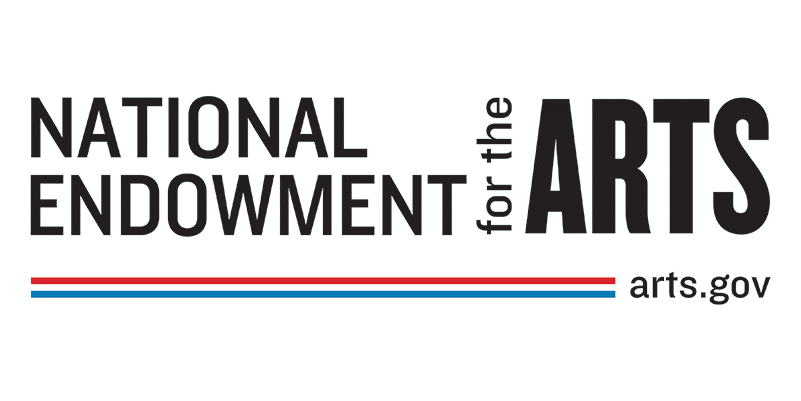
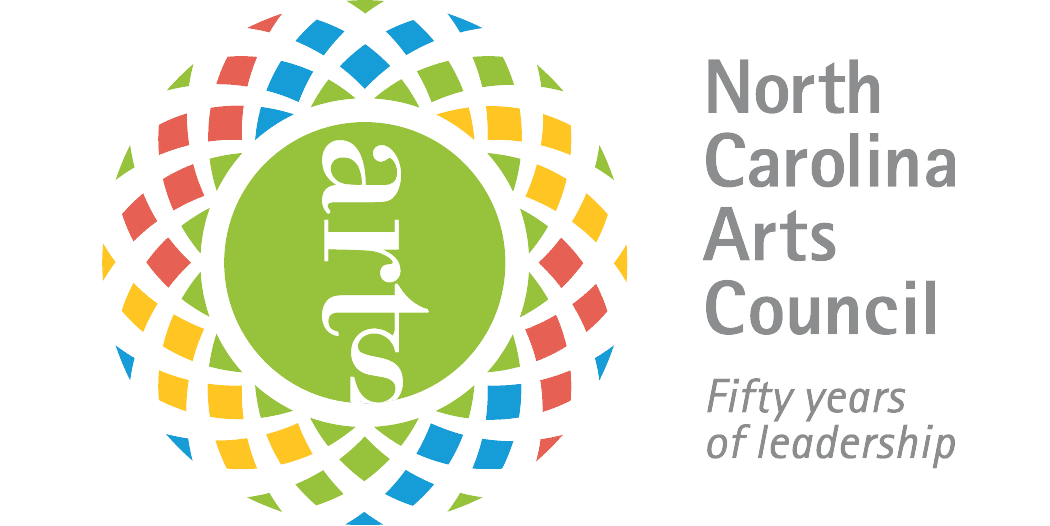


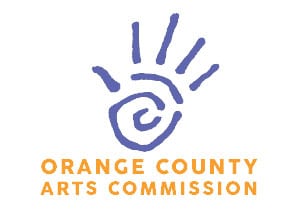
Foundation Support
National Endowment for the Arts, North Carolina Arts Council, Orange County Arts Commission, The Shubert Foundation, Fidelity Foundation, Truist Foundation, The Educational Foundation of America
Additional Funding for Guest Artists is Provided by
Robert Boyer and Margaret Boyer Fund, Louise Lamont Fund, Emeriti Professors Charles and Shirley Weiss Fund
Producing Council
Mebane Lumber, Residence Inn Chapel Hill, Spoonflower, Larry’s Coffee, The Siena Hotel/Il Palio Restaurant
Corporate Council
De Maison Selections, Aloft
Associates
Cambria Suites
PlayMakers Repertory Company is a program of the Department of Dramatic Art, The College of Arts and Sciences, and The University of North Carolina at Chapel Hill. The North Carolina Arts Council, a division of the Department of Cultural Resources, recognizes PlayMakers as a professional theatre organization and provides grant assistance to this organization from funds appropriated by the North Carolina General Assembly and the National Endowment for the Arts. PlayMakers is a beneficiary of the Elizabeth Price Kenan Endowment and the Lillian Hughes Prince Endowment.
PlayMakers Repertory Company is a Member of Theatre Communications Group (TCG), the national organization for the American theatre.
This Theatre operates under an agreement between the League Of Resident Theatres (LORT) and Actors’ Equity Association, the Union of Professional Actors and Stage Managers in the United States.
The scenic, costume, lighting and sound designers in LORT Theatres are represented by United Scenic Artists, Local USA-829 of the IATSE.
The Director is a member of the Stage Directors and Choreographers Society, a national theatrical labor union.


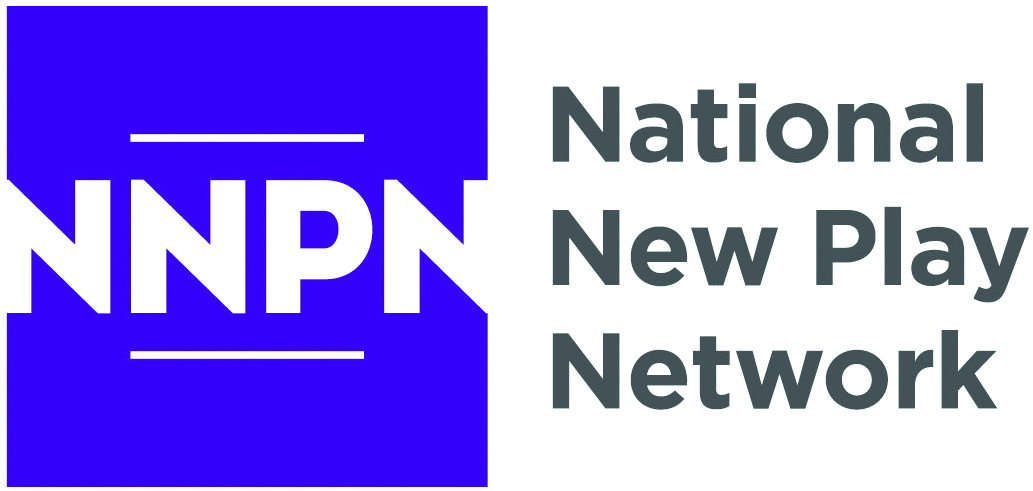
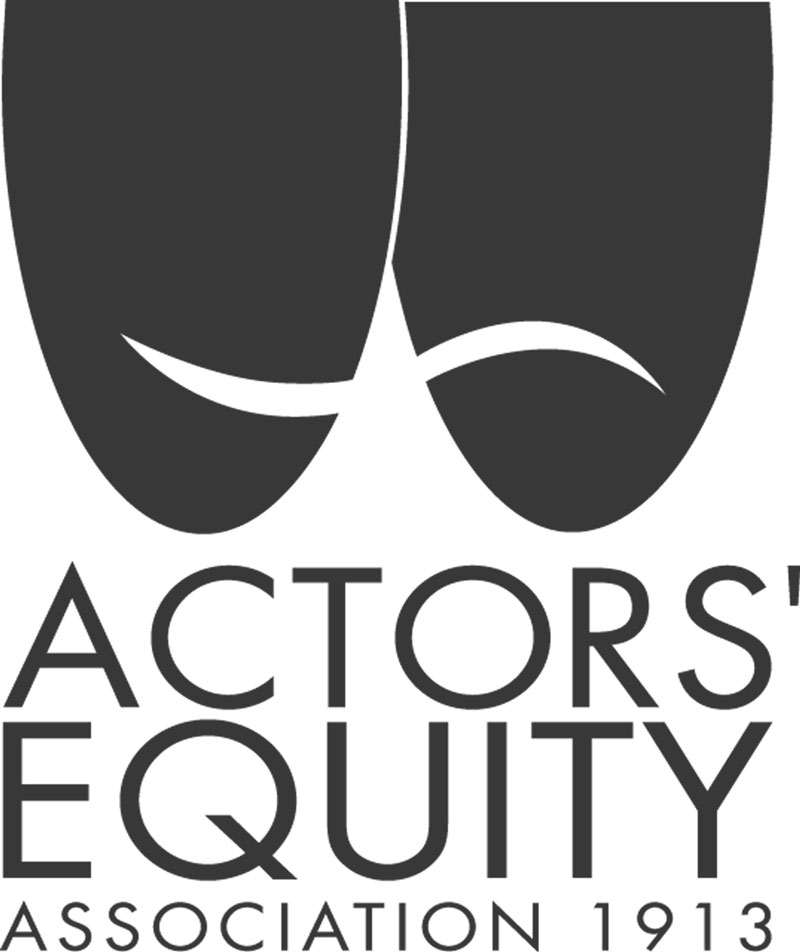

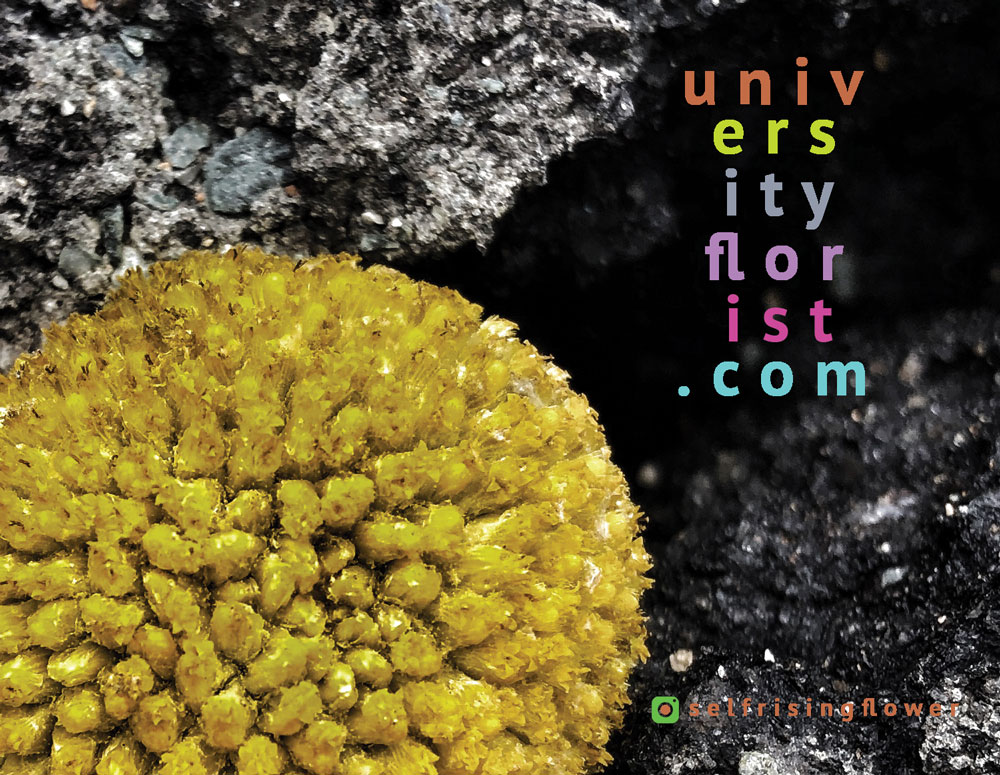
PlayMakers’ 22/23 Season
The season features six productions on the Paul Green Theatre stage, which will be transformed into the heart of the Harlem Renaissance, a usurper King’s court in Denmark, a neighborhood backyard battleground, a queen’s playground in Florida, a meddlesome English matchmaker’s drawing room, and, finally, familiar ground in the South for a young man’s journey of creative self-discovery.
